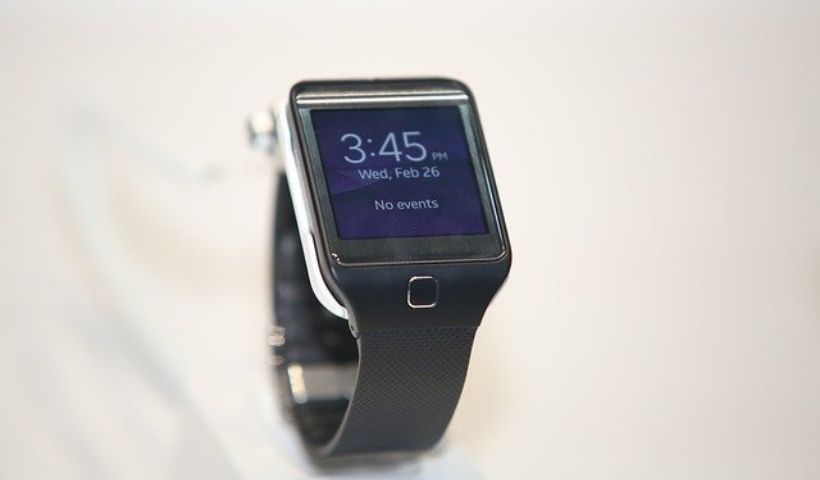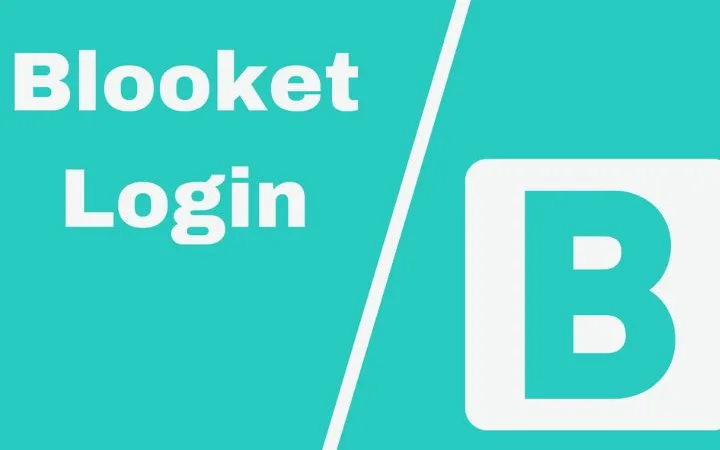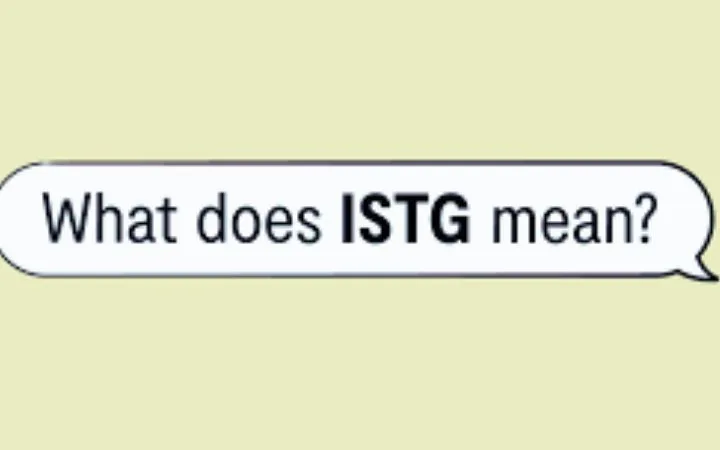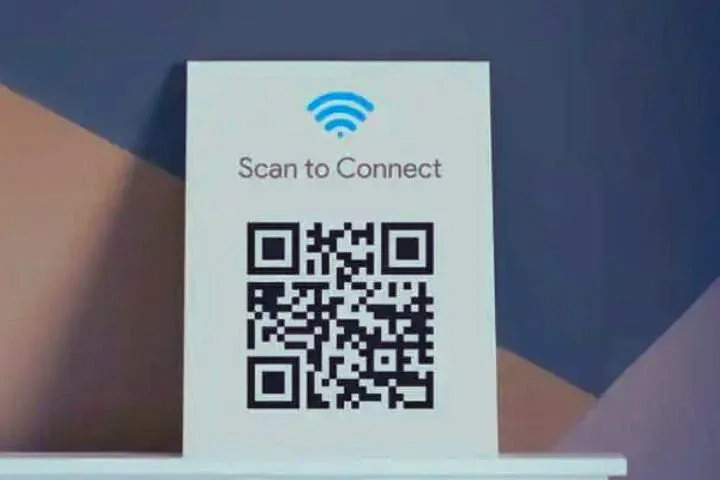How Does A Smartwatch Measure Sleep?

You may be wondering how a smartwatch measures sleep . Since you spend about a third of your life sleeping, the quantity and quality of sleep have a huge impact on the rest of your existence.
Therefore, it is natural to be curious as to how long you actually sleep and if you are getting enough sleep. Until a few years ago, the options for evaluating sleep were somewhat limited. You could keep a written journal of your dream, if you had the dedication and enough patience. Or ask your partner how you slept or even set up a camera at night.
Table of Contents
Sleep Monitor
You may have ever wondered how your activity tracker or smartwatch measures sleep. Or, more importantly, if the data you record is reliable. What is certain is that a Fitbit, Apple Watch, Garmin or one of the countless smartwatches and fitness devices on the market, work in a similar way, although not the same.
If you truly have a sleep disorder or if it is interrupted on a regular basis, using one of these monitors will not be a reliable indicator of your sleep health. Of course, the best option will be a sleep study that your doctor can order to obtain a reliable and accurate reading.
So, you want to know if it is worth taking your fitness tracker to bed at night.
How Does It Work?
Most smartwatches and fitness monitors have what is called a three-axis accelerometer. That’s a technical way of saying that there is something exploring your actions on your smartwatch.
It is a small device made up of axis-based motion sensors and tracks movement in all directions. Some even come with a gyroscope to measure orientation and rotation.
Through a process called actigraphy , the smartwatch translates the movements of the wrist into sleep patterns. As you can imagine, it is not always accurate and there are some doubts involved in that process. That’s because actigraphy only monitors one of the parameters, which is motion. But there is so much more to controlling sleep than just going round and round.
Brain waves, eye movements, and breathing are also required to determine the difference between deep REM sleep and light sleep. There are best smartwatch that measures sleep accurately.
Sleep Study: The Best Way To Evaluate It
The increasingly popular activity wristbands or smart watches are unable to accurately discriminate the stages of sleep. According to medical studies, part of the problem lies with the technology itself. They cannot differentiate between light and deep sleep and could indicate sleeping when you are actually reading in bed.
So if your doctor suspects you have a sleep disorder, he or she may refer you to a clinic for an in-depth study, also known as polysomnography . This usually occurs over a night or two, with different computers measuring the stages and cycles of sleep. Usually someone will also watch you while you sleep, so a lot of information about sleep is collected, including:
- Brain waves.
- Breathing.
- Heart rate.
- Body movement
- Thrash.
- Eye movement
- Blood oxygen levels.
- The positions you sleep in at night.
Specialists use all this information to evaluate your sleep and diagnose any disorder. This detailed analysis and the use of brain wave monitoring is why polysomnography is the best way to assess sleep.
Phases Of Sleep
The stages of sleep can be divided into two categories: the REM (Rapid Eye Movement) phase of rapid eye movements (REM) and the non-rapid eye movement (NREM) phase.
NREM stage
It represents around 75% of the total sleep time and in turn, it consists of other phases:
- The lightest stage of sleep, between asleep and awake.
- When you sleep soundly and lose track of your surroundings.
- Deep and restorative sleep, where it is difficult to wake up.
REM stage
This stage of sleep is characterized by high brain activity and is when dreams appear. Its duration represents 25% of the sleep cycle.
It is characterized by having high brain activity, very similar to that of being awake.
The Data That Helps Improve Estimates On A Watch
To be fair, not all smartwatches have the same sleep monitoring features. Some of them are reasonably good at measuring basic sleep information, like the total time you sleep and how often you wake up at night.
But now, there are some that include other measures, like heart rate, variability, and respiration to help improve your sleep estimates.
Those devices track beat changes in heart rate, known as heart rate variability (HRV). These fluctuate as you transition between the stages of light sleep, deep sleep, and REM sleep. And when you sync your device in the morning, they use heart rate and movement patterns to estimate your sleep cycles from the night before.
However, while the reliability of these physical activity monitors is questionable, they can be a useful guide. Countless studies have had different reliability results from these smart devices. But for the most part, the consensus is that actigraphy is accurate enough to track sleep in healthy adults with normal patterns.
Also Read : Differences Between Native App, Web App And Hybrid App






